
Training a new dog can seem a little overwhelming at first. New dog owners constantly wonder whether their training techniques are working, or whether their commands and teaching methods are failing to speak the dog's language. To help make your experience with training a new dog easier and more rewarding for both dog and owner, we've compiled a list of what we see as five key tips for successfully training a new dog.
When your pup comes running after you call him to you, this should always be followed by something good, whether it is verbal praise, a treat, physical affection, or playtime with a toy he likes. If you want your dog to come on a consistent basis, never scold him or do something he dislikes when he does come to you. For example:
Alternating rewards for your dog’s good behavior is a great way to keep him interested in training. Use treats, praise or a favorite stuffed toy/ball as methods of positive reinforcement. You'll sometimes find that finicky dogs will become bored with the same treats or toys every time. You also don't want him expecting a food reward after each and every good behavior. Change it to every other time, every fourth time, etc.
If you catch your puppy in the act of doing something you'd don’t want him to (like pooping inside, use a high pitched "ehh ehh," a clap or one single "No" to get his attention away from what he is doing. Then redirect him- if he’s chewing on a shoe, give him one of his toys; if he’s starting to pee/poop in the house, scoop him up and outside as quickly as possible. Praise him once he’s chewing on his own toy, doing bathroom business outside, etc.
Yelling at your dog when you find the aftermath of something naughty he has done while you weren’t around is only going to confuse him. While some people believe their dog "looks guilty," that look only comes from him recalling your previous reactions, not from understanding that he has done wrong. For example, if you scold a pup for having an accident on the floor, soon he will learn to hide under or behind furniture when he has to go, and will associate the scolding with the act of relieving himself. This dog will be much more difficult to housebreak.
There are some behaviors that don't warrant a negative correction, as they are attention-seeking actions. For your dog, some reaction is better than no reaction! These behaviors are often the ones that you’ll find annoying, but aren't dangerous to you or your dog. For example:
Correcting behaviors like these isn't useful; make sure you aren't unknowingly reinforcing the behavior with your timing. If your pup is whining while you prepare his food, make sure he is quiet for a moment before you feed him. If he is vocalizing during his time in the crate, make sure he has settled down before you let him out. If your timing is off, he will believe he is being rewarded for his behavior. As soon as he is behaving the way you want him too, give praise and rewards.
While you may believe you have the fundamentals of basic puppy training down to a tee, please do not think this replaces the need for a good puppy kindergarten. Your dog needs to socialize with other dogs his age. During these classes he'll be asked to perform with distractions abound, much like in the "real world"! Having a puppy that will sit in the house is good, but as soon as he goes outside distractions multiply, and he still has to obey commands. Exposing him to a multitude of surroundings and situations is the best way to know if he fully understands what you are asking of him, and that you are his primary focus.
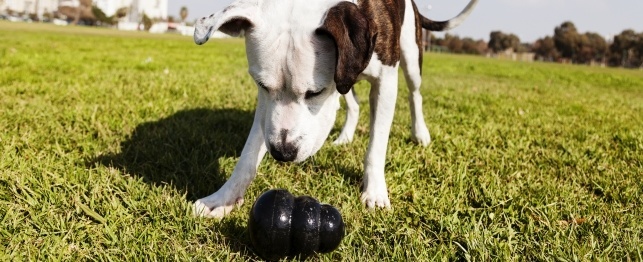 Commercial Brain Games Challenge Your Dog
Commercial Brain Games Challenge Your Dog
Commercial Brain Games Challenge Your Dog
Commercial Brain Games Challenge Your Dog
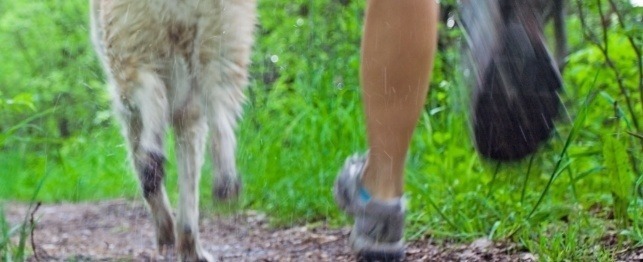 Does Your Dog Need More Exercise?
Does Your Dog Need More Exercise?
Does Your Dog Need More Exercise?
Does Your Dog Need More Exercise?
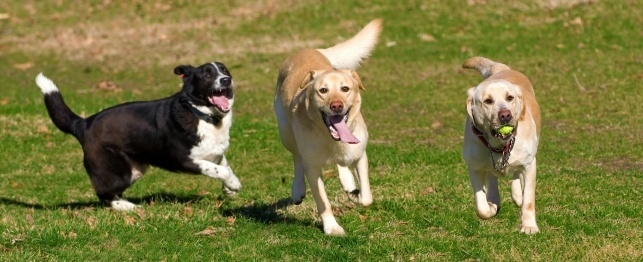 Tips for Keeping Your Dog Safe at the Dog Park
Tips for Keeping Your Dog Safe at the Dog Par
Tips for Keeping Your Dog Safe at the Dog Park
Tips for Keeping Your Dog Safe at the Dog Par
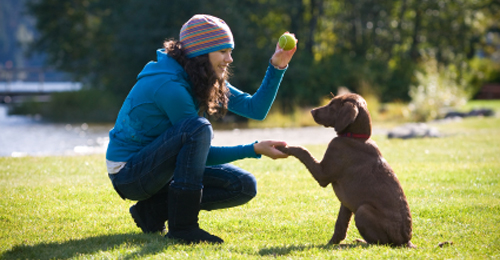 Secrets To German Shepherd Coaching
Keep the courses sessions short but often. When things lose
Secrets To German Shepherd Coaching
Keep the courses sessions short but often. When things lose
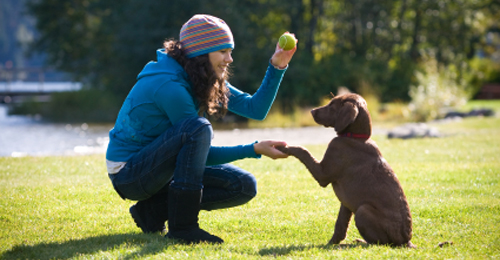 Teddy Bear Dog
Due for this, the actual who invests in professional canine
Teddy Bear Dog
Due for this, the actual who invests in professional canine
Copyright © 2005-2016 Pet Information All Rights Reserved
Contact us: www162date@outlook.com